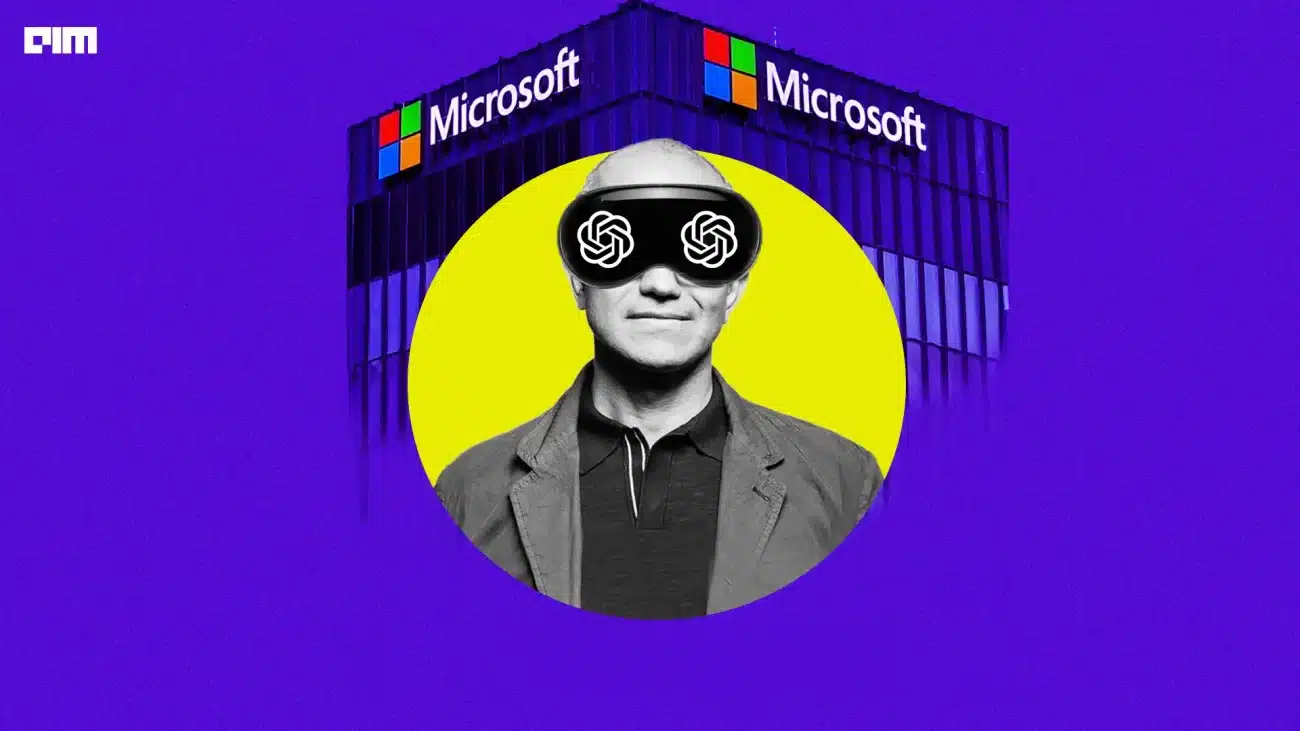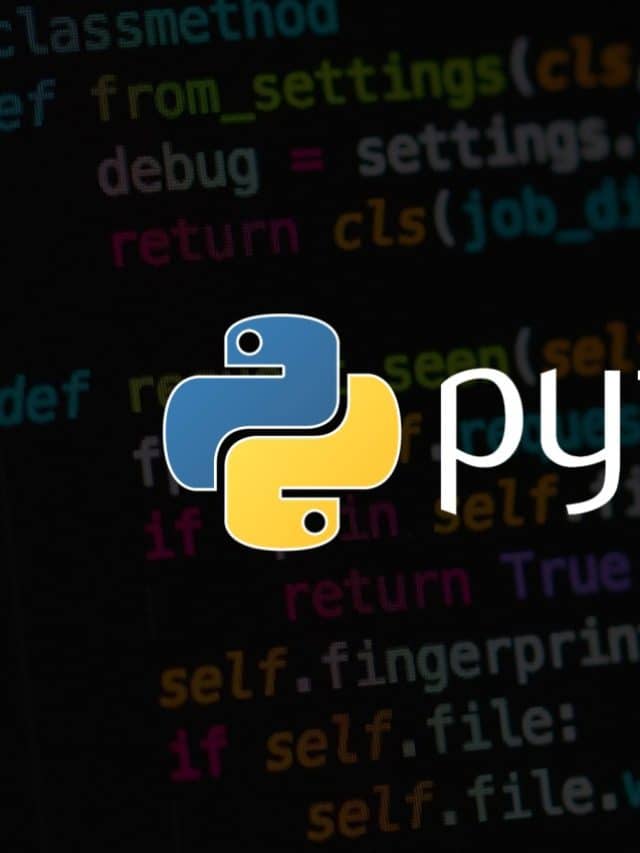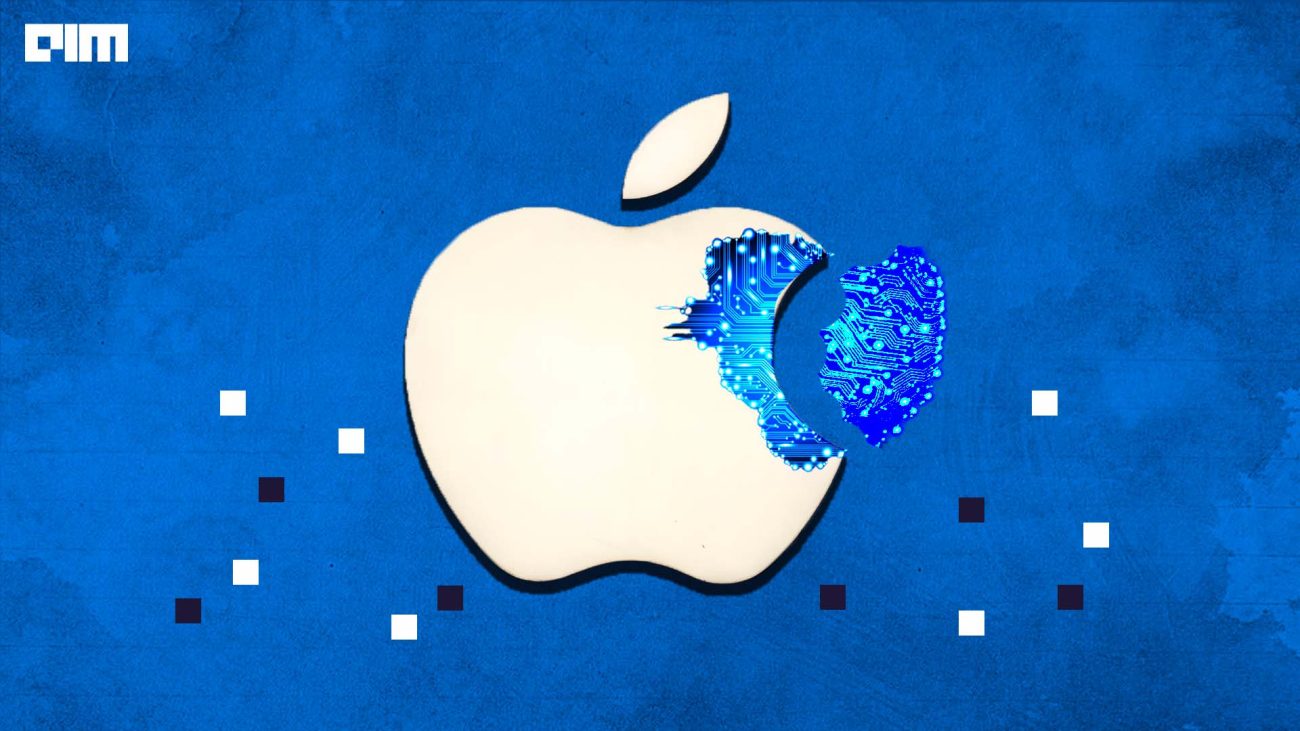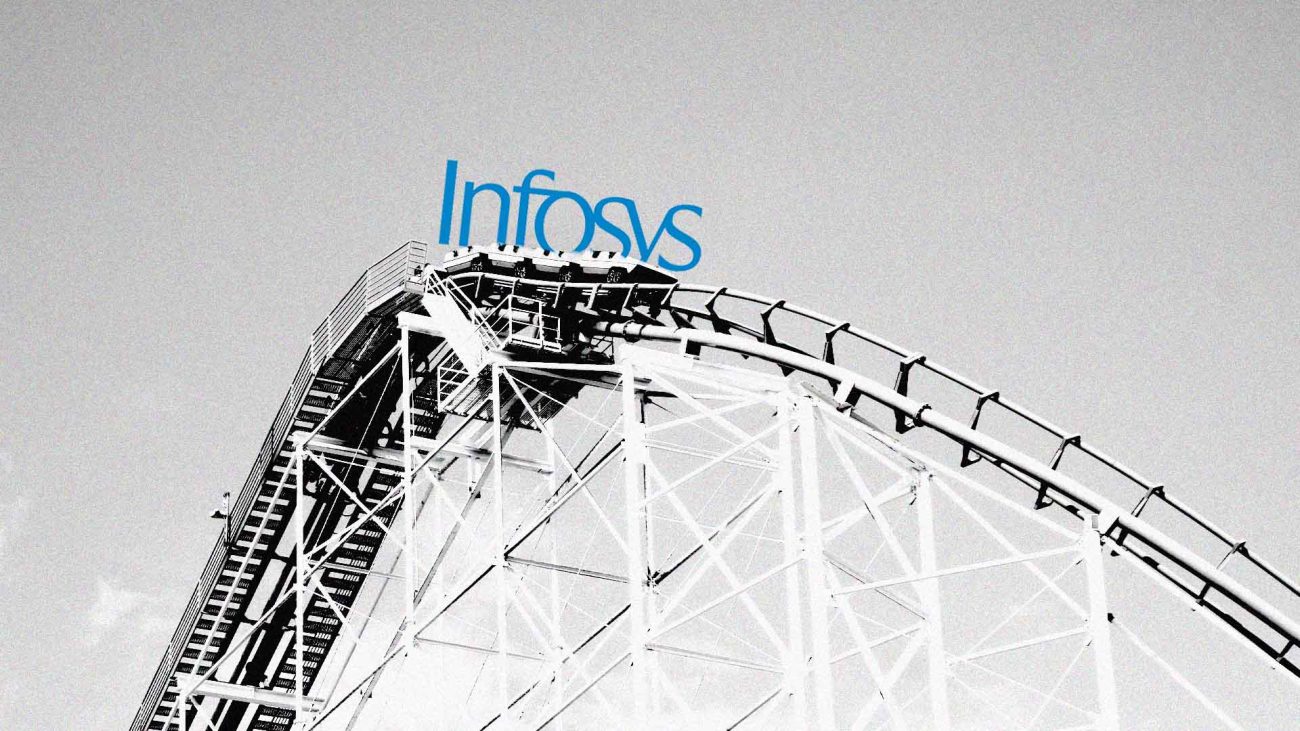|
Listen to this story
|
Google and Microsoft are unarguably the two biggest tech companies in the world and both are locking horns as they strive for supremacy in the ongoing AI arms race. While Microsoft has been quick to ship AI products one after another, Google has been playing catch up.
The reason Google has been slow, and Microsoft is not, has to do with the company’s revenue streams, according to Ethan Mollick, an associate professor at the Wharton School of the University of Pennsylvania.
“Advertising is everything to Google, and it is not clear how to integrate LLMs and ads. Microsoft does a lot of things that LLMs help,” Mollick tweeted.
Is concentrated revenue stream a curse for Google?
Google made its name in the search engine business and still earns a major chunk of its revenue from advertising in search. In 2022, Google made USD 162.45 billion, representing 58.1% of total revenue from advertising in search.
This persists, notwithstanding the numerous user complaints throughout the years regarding the perceived inadequacies of Google Search. Besides revenue from search, it made USD 29.24 billion and USD 32.78 billion from YouTube and Google Network ads respectively.
Microsoft’s revenue, on the other hand, is more diversified with income coming in from Azure, Windows, and Microsoft Office, among other revenue streams. Notably, Microsoft makes just around 6% of its total revenue from advertising in search.
Mollick is of the opinion that Google has still not found a way to deploy large language models in a way that does not hamper its search business. So far, Google is deploying PaLM 2 to power Bard, its answer to Microsoft Bing’s GPT-4 integration.
However, deploying a very good LLM could be challenging for Google, according to Bindu Reddy, chief executive officer of Abacus.ai.
“Google makes a significant amount of money from informational travel, insurance and local queries. Ideally, the LLM would answer all those questions without consumers having to navigate away to the advertising site. So a very good LLM that is great at retrieval, will reduce click-out from Google Search and fundamentally hurt their search business,” she said responding to Mollick’s tweet.
Earlier this year, Alphabet CEO Sundar Pichai did reveal earlier this year that Google will be launching the next-generation series of models in 2024, most notably, Google Gemini, which is a competitor to OpenAI’s GPT-4 model. But how Google monetizes with these models remains to be seen.
On the flip side, Microsoft has been quicker to monetize the integration of LLM with its various products and services such as Microsoft Office, Windows, and enterprise services—a strategy the company is already actively pursuing.
Hallucinations only add to the complexity
The complexity further increases when ensuring the precision of search results generated by LLMs. Given that Google Search is the most widely used search engine in the world, maintaining accuracy in AI-generated responses is crucial for Google.
LLMs exhibit a tendency toward hallucination, frequently presenting incorrect information with a confident tone, creating an illusion of accuracy. For Google, the challenge extends beyond monetising LLM to ensuring the accuracy of the responses generated by Bard. This additional layer of complexity compounds the issues at hand for Google.
Also, in contrast to a startup like OpenAI, Google may experience a longer timeline for product delivery due to the multitude of factors it must carefully consider such as scalability, rigorous testing, compliance with regulatory standards, integration with existing infrastructure, user experience optimisation, and addressing potential security concerns. Shipping a bad product could lead to a loss of billions in the stock market.
Interestingly, Google had developed technology similar to ChatGPT, way before the popularity of generative AI and ChatGPT exploded. However, they refrained from making the technology public due to ‘reputational risk.’
Take Galactica for example, a similar chatbot launched by Meta for science, which was taken down in three days because of its hallucinatory nature. Google can’t afford such a debacle. Moreover, Google’s search engine dominance is subject to the biggest antitrust lawsuit of the past decades.
Can LLMs change advertising?
Given it boasts of the top AI talent in the world, the fact that they are struggling to monetize with the hottest technology in the tech sector is baffling for some. Another reason could be the bureaucracy that exists due to the size of Google, which has over 150,000 employees worldwide.
The fact that Google has failed to diversify its revenue stream, despite its myriad ventures into cutting-edge technologies, is proving to be its biggest hindrance.
Moreover, not everyone agrees that LLMs can’t be integrated with ads. “Isn’t it very clear how to integrate LLMs with ads? Or at least some strong baselines feel like one RAG + prompt step away. LLMs are probably very good at advertising, in a highly integrated and contextual way,” Andrej Karpathy, a notable computer scientist who works at OpenAI said.
However, responding to Karpathy, Mollick added that it appears to be a fruitful path for research and development as of now. “I would have thought Google would have been doing exactly this sort of project as their highest priority as soon as they saw what LLMs can do, otherwise they risk disrupting their ad model,” he said.




















































































